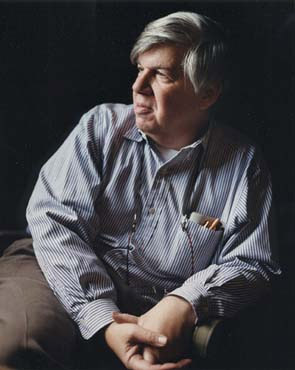
Writing with bracing intelligence and clarity, internationally renowned evolutionist and bestselling author Stephen Jay Gould sheds new light on a dilemma that has plagued thinking people since the Renaissance: the rift between science and religion. Instead of choosing them, Gould asks, why not opt for a golden mean that accords dignity and distinction to each realm? In his distinctively elegant style, Gould offers a lucid, contemporary principle that allows science and religion to coexist peacefully in a position of respectful noninterference. Science defines the natural world; religion our moral world in recognition of their separate spheres of influence. In exploring this thought-provoking concept, Gould delves into the history of science, sketching affecting portraits of scientists and moral leaders wrestling with matters of faith and reason. Stories of seminal figures such as Galileo, Darwin, and Thomas Henry Huxley make vivid his argument that individuals and cultures must cultivate both a life of the spirit and a life of rational inquiry in order to experience the fullness of being human. In Rocks of Ages, Gould's passionate humanism, ethical discernment, and erudition are fused to create a dazzling gem of contemporary cultural philosophy.
Author

Stephen Jay Gould was a prominent American paleontologist, evolutionary biologist, and historian of science. He was also one of the most influential and widely read writers of popular science of his generation. Gould spent most of his career teaching at Harvard University and working at the American Museum of Natural History in New York. Most of Gould's empirical research was on land snails. Gould helped develop the theory of punctuated equilibrium, in which evolutionary stability is marked by instances of rapid change. He contributed to evolutionary developmental biology. In evolutionary theory, he opposed strict selectionism, sociobiology as applied to humans, and evolutionary psychology. He campaigned against creationism and proposed that science and religion should be considered two compatible, complementary fields, or "magisteria," whose authority does not overlap. Many of Gould's essays were reprinted in collected volumes, such as Ever Since Darwin and The Panda's Thumb, while his popular treatises included books such as The Mismeasure of Man, Wonderful Life and Full House. -Wikipedia